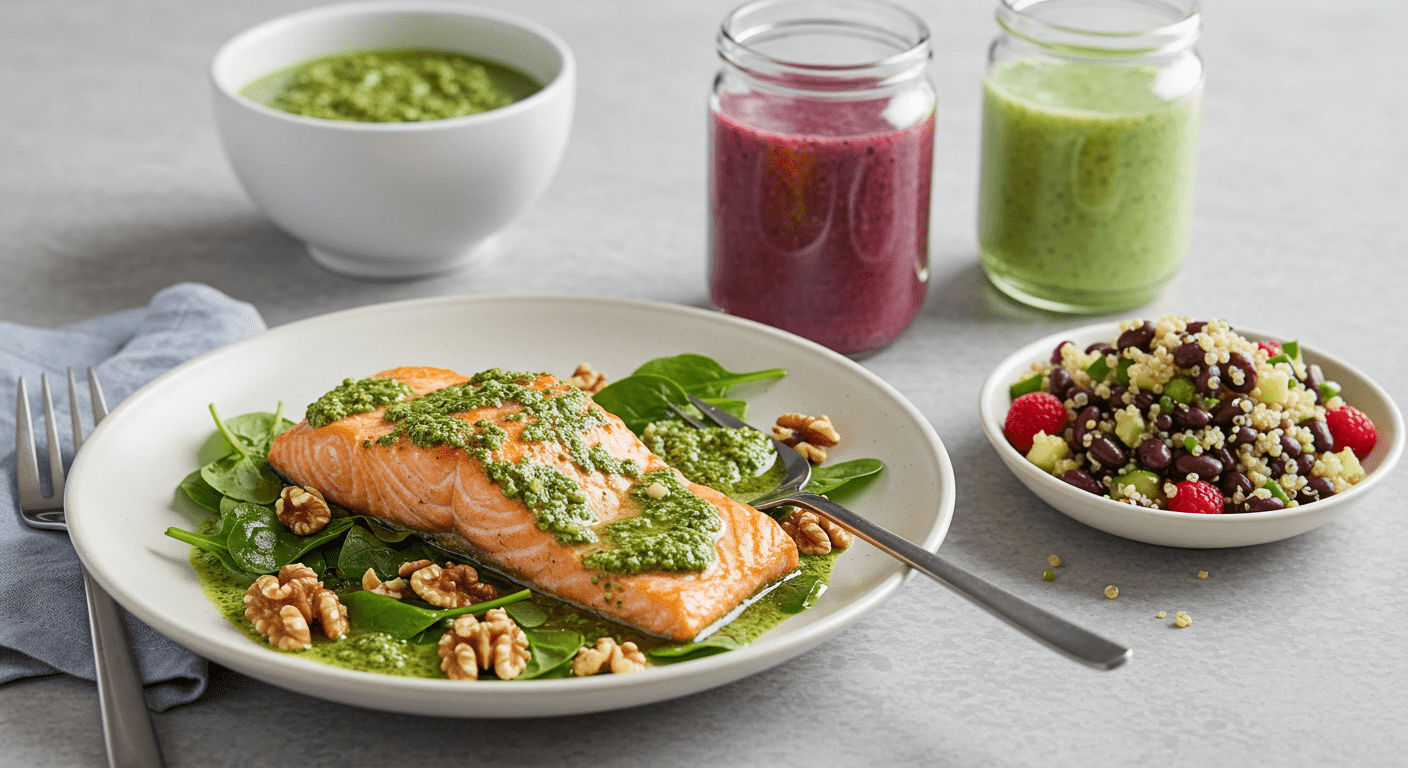The Link Between Diet and Mental Health
The gut-brain axis, a complex communication network linking the gastrointestinal tract and the brain, suggests that the stomach might rightly be considered a second brain. This connection implies that the gut’s health directly affects mental health, explaining why the food we eat can influence emotional and psychological well-being. Nutrients from food are key in the synthesis of neurotransmitters, such as serotonin and dopamine, which regulate mood, anxiety, and stress levels.


